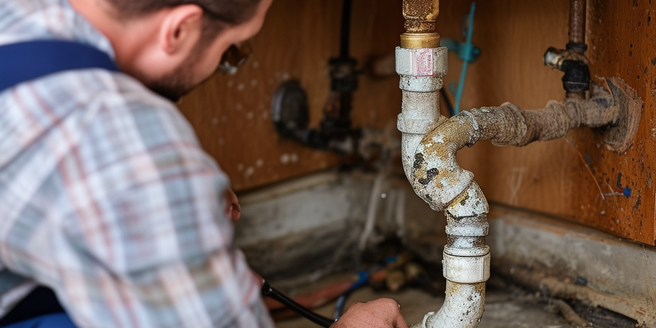Understanding Low-income Home Repair Grants
Low-income home repair grants are government or organization-funded programs aimed at assisting homeowners who lack financial resources to perform necessary repairs. These programs play a crucial role in community development and support. Many communities depend on such initiatives to maintain housing standards and quality of life. Often, these grants can be the difference between a family having a safe home or living in hazardous conditions. These grants can address urgent repairs like fixing a leaking roof or improving energy efficiency. Unlike loans, these grants do not need to be repaid, making them a valuable resource for low-income families and individuals. Understanding the specifics of these grants can help homeowners navigate their options and secure the necessary funding to ensure their homes remain safe and habitable.
Eligibility Criteria for Home Repair Grants
To qualify for low-income home repair grants, applicants generally need to meet specific criteria. These often include income limits, demonstrating a significant need for repairs, and owning the property in question. Some programs also prioritize specific groups such as the elderly, disabled, or veterans. Understanding these requirements can significantly improve your chances of receiving assistance. Therefore, taking the time to research and prepare can make a considerable difference. Sometimes, local community organizations can provide guidance through the application process. It’s important to review the eligibility requirements of each grant program carefully to ensure you qualify before applying. Additionally, documentation providing proof of income, ownership, and the necessity of repairs is typically required during the application process.
How to Apply for a Repair Grant
Applying for a home repair grant involves several steps that start with researching available programs. Once you’ve identified a suitable grant, gather the necessary documents, such as proof of income and homeownership. Before proceeding, make sure to double-check all eligibility requirements specific to the grant. Consider reaching out to program representatives for any clarifications. Fill out the application forms accurately, providing detailed information about the needed repairs. It’s also a good idea to prepare a detailed budget for the planned repairs. Some programs may require an inspection or evaluation of your home to verify the repair needs. Finally, submit your completed application along with any required supporting documents and wait for the program administrators to review your case.
Benefits of Home Repair Grants
Home repair grants offer significant benefits to low-income families, including the ability to maintain safe and livable conditions in their homes without incurring debt. These grants can help prevent small issues from becoming major problems that could lead to unsafe living conditions. Moreover, access to such grants often means the difference between timely repairs and prolonged neglect. Furthermore, they enable homeowners to address necessary repairs promptly. In many cases, these grants also include provisions for updating outdated safety features. Additionally, improving a home’s energy efficiency can significantly reduce utility bills. For many, receiving a home repair grant is a way to preserve their investment in their property and enhance their overall quality of life without financial strain.
Commonly Asked Questions about Home Repair Grants
Applicants often have questions about home repair grants, such as how long the approval process takes and whether there are any restrictions on the types of repairs covered. Another common query is about the frequency with which one can apply for or receive grants. Many wonder if certain repairs are prioritized over others. Knowing which repairs take precedence can be essential for timely application. It’s also important to understand if receiving a grant affects one’s eligibility for other types of assistance. Seeking answers to these questions from the grant provider or official resources can help applicants better understand and navigate the application process, improve their chances of approval, and ensure compliance with program requirements.



